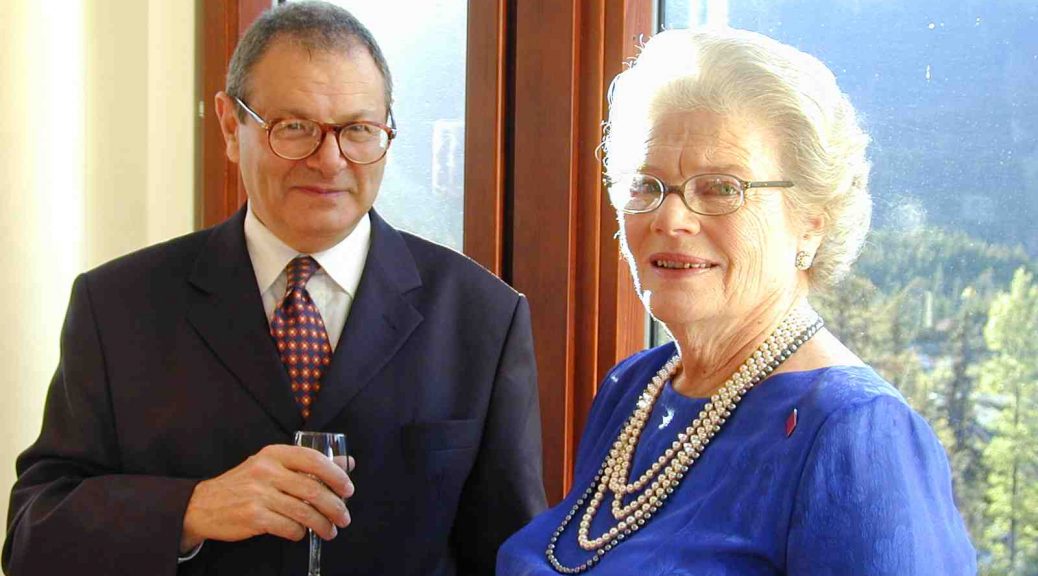Churchill & the Bombing of Coventry
The Weider History Group replied to a query. “Did Churchill allow Coventry to be burned to protect his secret intelligence?” Their answer was somewhat equivocal:
There certainly have been a variety of different accounts, even supposedly by eyewitnesses, that contradict each other as to how much Winston Churchill had learned from the Boniface (later Ultra) decoders as to the main target for the German “Moonlight Sonata” air raid on the Midlands in November 1940, and when did he ascertain it. Whether he mistook it for a feint, with London the actual target, of whether he knew of Coventry and left it to its fate rather than compromise Britain’s ability to crack the German Enigma codes seems to depend on one’s feelings toward Churchill.……







